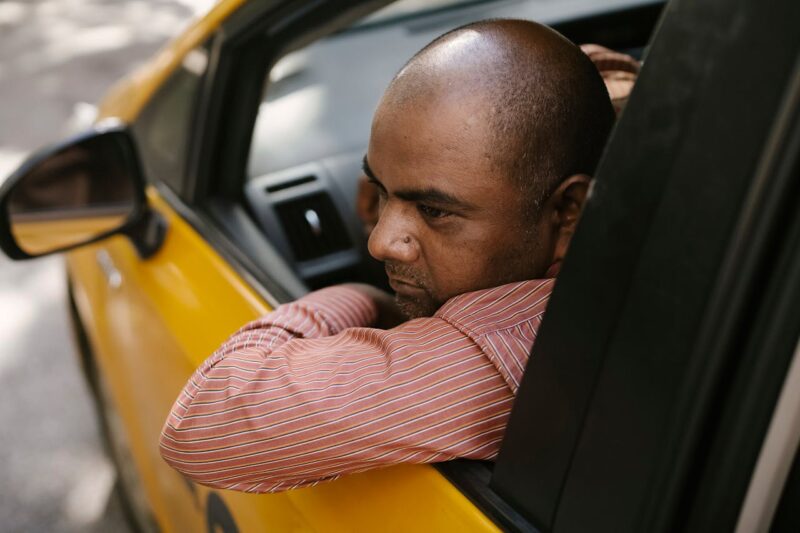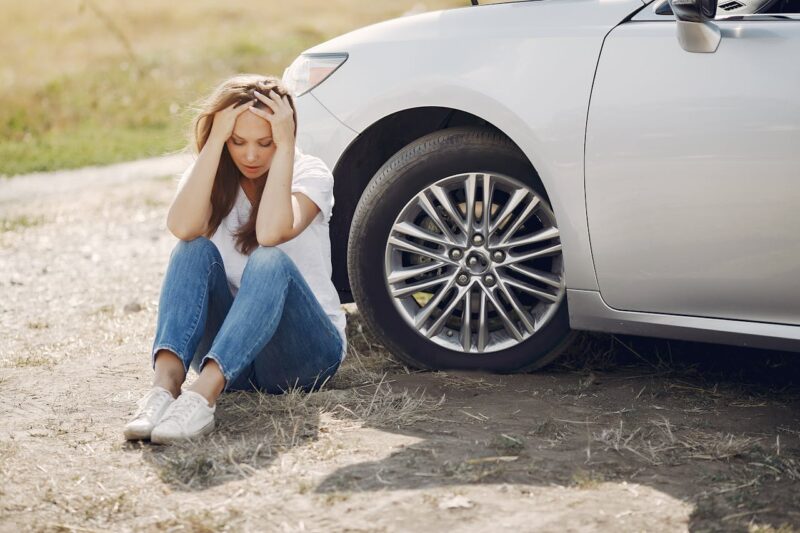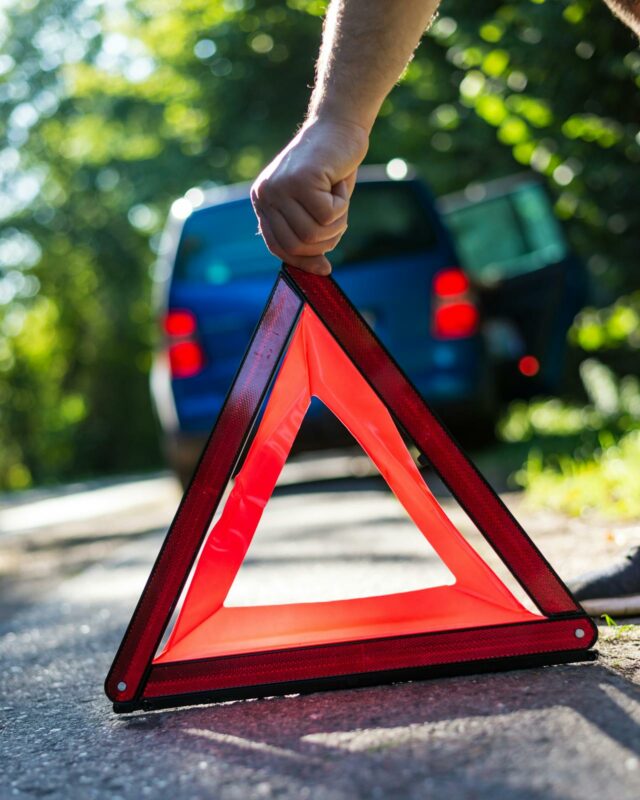While the physical injuries from a car accident are often immediately apparent, the mental and emotional scars can be just as debilitating, albeit less visible. Survivors may experience a wide range of psychological effects, from Post-Traumatic Stress Disorder (PTSD) and anxiety to depression and fear of driving. Acknowledging and addressing these emotional side effects is important for a holistic recovery.

The Psychological Side of Car Accidents
Attorney Brad Richardson puts it best when he says, “Sometimes, even if your body isn’t that injured, your emotional health can be shattered.” In fact, it’s often the emotional trauma that takes much longer to heal and move past. Despite this, it doesn’t seem to get as much airtime as physical recovery. As a result, many people who experience psychological side effects as a result of an accident can feel alone and isolated. But it’s important to know that you’re not going through anything that someone else hasn’t already faced head-on.
It’s totally normal to feel all sorts of things after an accident. You might be scared, sad, or even angry. That’s because car accidents can really shake us up. Imagine your brain like a snow globe. When you shake that snow globe, it can take a long time for that snow to settle in all the right places. It’s the same with your feelings after a crash. No matter how much you want those snowflakes to settle, you can’t speed it up. Time is the one ingredient that can’t be rushed.
Fear is one of the big emotions people feel after an accident. If you’ve been in a crash, you might feel nervous or even scared to get back in a car. That’s your brain trying to keep you safe, but sometimes, it can go a bit overboard and lead to an irrational fear. Again, this is something that can be addressed, but you have to be willing to face it head-on.
In serious cases, car accident victims can deal with post-traumatic stress disorder, or PTSD for short. This condition can make you feel like you’re reliving the accident over and over again in your mind. You might have bad dreams, feel jumpy, or want to avoid anything that reminds you of the crash.
And let’s not forget about anxiety and depression. In your quiet moments, you might start experiencing recurring or irrational fears and what-ifs. What if I get into another accident? What if I’m never able to drive again? What if I never get better?
While nobody wants to experience these emotions, it’s important to recognize that it’s okay to feel them. These are your body’s natural way of dealing with and processing something scary that happened. But instead of sitting there and trying to deal with them alone, it’s crucial that you’re proactive and deal with them sooner rather than later.

How to Address the Mental Trauma of a Car Accident
There’s no one-size-fits-all answer to psychological trauma after a car accident. There are, however, some practical steps you can take. Here are a few tips:
- Open up and communicate: Sometimes, just chatting with family or friends can help a lot. They might not have all the answers, but they can give you a hug or just listen, and that can make a big difference. Other times, you might need to talk to a professional, like a counselor or therapist. Make sure you’re taking advantage of all resources you have available to you.
- Care for yourself: There’s no replacement for self-care. Show your mind and body some love during this challenging time. Simple things like spending time in meditation, praying, drinking more water, exercising, journaling, and eliminating toxic behaviors can help you reach a faster and fuller recovery.
- Get back on the horse: While you’ll certainly want to get advice from medical doctors and therapists before doing anything, sometimes getting back behind the wheel of a car sooner rather than later is beneficial. The less time you give your mind to worry, the better. Once you start driving again, you’ll regain confidence and realize that your accident was truly that…an accident.
Adding it All Up
You might feel alone in this battle, but that’s certainly not the case. In your greatest moments of isolation, it’s important that you reach out and surround yourself with people who can help. From family and friends to attorneys and therapists, there are plenty of people whom you can bring into your life to help you get back on track.
Let that thought reassure you as you go down your unique path to recovery.




